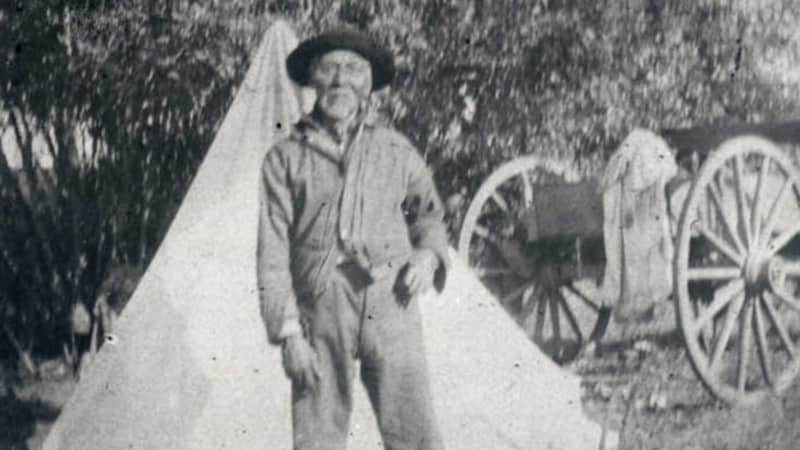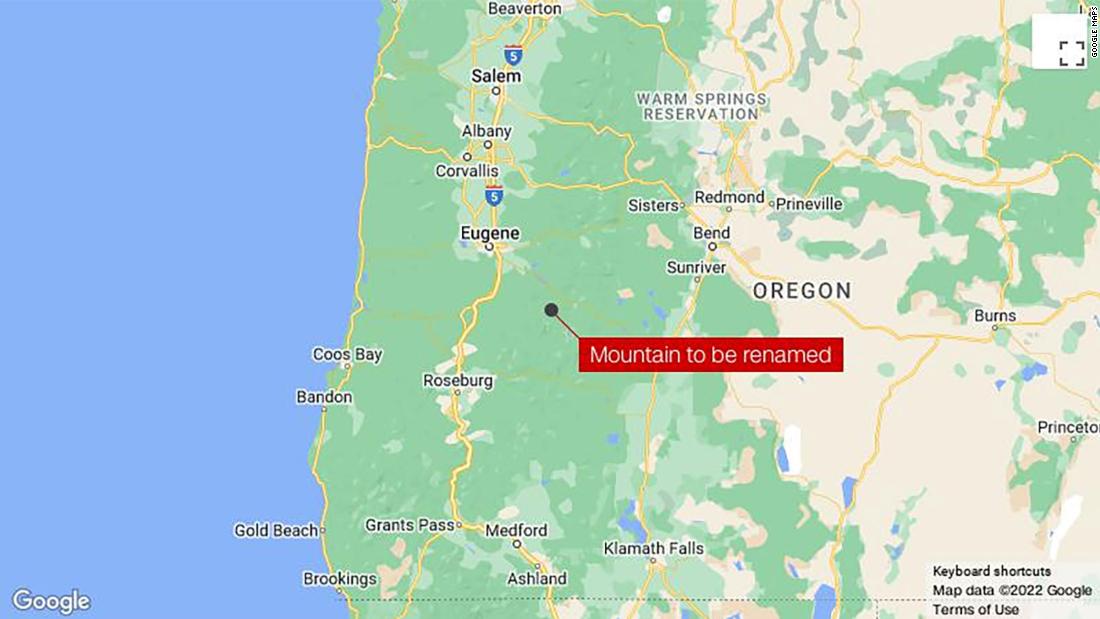“I thought ‘this is crazy,'” Joy McClain, 81, said when she saw the mountain’s name in a local paper and felt called to action.
“I decided maybe I can’t do anything, but I’m going to look into what it takes to change the name of the mountain,” McClain said.
Swastika Mountain got its name from the extinct town of Swastika — which reportedly took its name from the owner of a cattle ranch who would brand his cattle with the symbol, Kerry Tymchuk, the Boyle Family Executive Director of the Oregon Historical Society told CNN.
“This was in the early 1900’s, long before the symbol became associated with the Nazis and Hitler,” Tymchuk said. The rancher used the symbol because it was a Sanskrit symbol meaning “good luck” or “well-being,” he added.
However, after WWII, the mountain name never changed.
“I suspect that if someone had proposed a new name, it would have been changed long ago,” Tymchuk said. The mountain is not very well known, he said, and is in the middle of a National Forest and fairly inaccessible.
At the same time, another proposal was forwarded to the OGNB to rename the mountain “Mount Halo,” according to Tymchuk. This would be to honor Chief Halito, also known as Chief Halo, of the Yoncalla Kalapuya Tribe, who had lived in a village 20 miles west of the mountain.
McClain said she then decided to relinquish her proposal in favor of naming the mountain after Chief Halo.

Chief Halito, often shortened to Chief Halo, was a leader of the Yoncalla Kalapuya tribe
Courtesy Oregon Historical Society
“For me it’s like returning some of the heritage back to the area,” Lewis said.
And Tymchuk agrees.
“The names that we give geographic features reflect both our history and our values,” Tymchuk said. And he feels removing the name ‘Swastika’ is long overdue.
While everyone agrees on the name change, it may not happen until the end of the year due to rules governing name-changing proposals.
As for McClain, she said she’s happy about the possibility of the change. “One person can make a difference,” McClain said.
